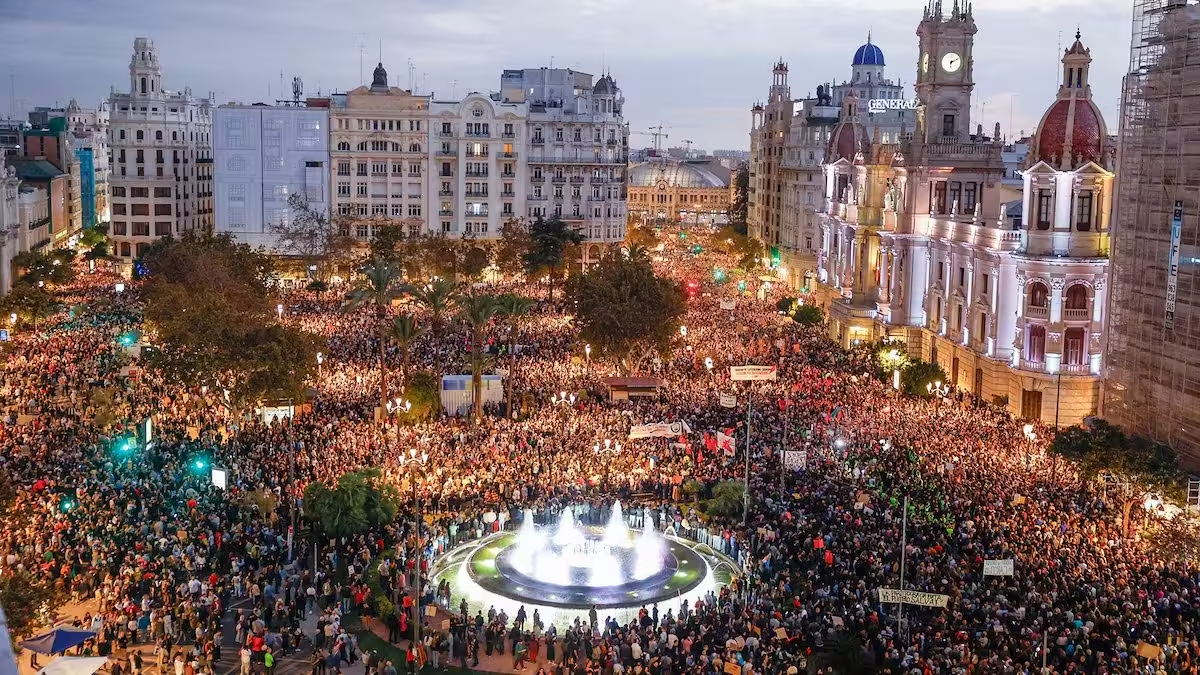When Do The Clocks Go Back In Spain 2024
As October flies by, it’s almost time for Spain to shift back to winter hours. This year, the clocks will go back overnight from October 26 to 27, kicking off the winter schedule that lasts until March 30, when Daylight Saving Time comes back around. This twice-a-year clock change has been happening since the 1970s, but it still sparks plenty of debate!
Why Do the Clocks Go Back?
The main reason for the clock change has always been to save energy, helping us line up our daily routines with daylight hours. However recent studies show the actual energy savings are pretty minimal. The Boletín Oficial del Estado (BOE) or the Official State Gazette recently confirmed that Spain will keep doing this until at least 2026, following Royal Decree 236/2002, which regulates how we adjust for Daylight Saving Time. They stress that any changes should come from a public consensus, and not be rushed.
Daylight savings time isn’t just about energy savings; it also helps maximize daylight during the evenings, giving people more time to enjoy outdoor activities after work or school. This extra sunlight can boost economic activity as people are more likely to go out, shop, or take part in recreational events. It’s also thought to improve road safety by providing better visibility during rush hours and can encourage healthier lifestyles by allowing for more time to exercise outdoors. While the benefits of daylight savings continue to be debated, many countries still see value in keeping this practice in place.
Is Spain Ready for a Change?
The chatter about Daylight Saving Time has picked up steam in recent years. A survey by the CIS (Center for Sociological Research) found that 62% of people want to ditch daylight savings altogether, with 65% pushing to keep the summer schedule all year round. But picking a permanent time isn’t as easy as it sounds
And it’s not just a Spanish issue. Back in 2018, the European Union held a public consultation and a whopping 90% of the 4.5 million people who participated wanted to get rid of daylight savings. Each country can make its own choice, though. Take Ukraine, for example—they’ve already passed a law to eliminate the time shift and did so in October 2023.
Spain’s Time Zone Puzzle
Another thing to think about is how Spain’s time zone doesn’t match up with where it actually sits geographically. Spain should really be in the Greenwich Mean Time (GMT) zone, like Portugal and the Canary Islands. But instead, is on Central European Time (CET), a choice made back in 1940 when Francisco Franco aligned Spain’s clocks with central European countries.
This means that Spain’s clocks are not perfectly aligned with the natural solar time. In winter, there’s a one-hour gap between the time on the clock and the actual position of the sun, and in summer, the gap increases to two hours. This misalignment can disrupt people’s natural body clocks, or circadian rhythms because the sun rises and sets at times that don’t match their typical schedules. As a result, some people might feel more tired or have trouble adjusting to work or daily routines. Over time, this can affect sleep patterns, productivity, and overall well-being, leading to discussions about whether Spain should return to a time zone that better matches its geographical location.
What’s Next?
For now, the BOE says the clocks will continue to go back until 2026. After that, Spain will have to decide whether to stick with this practice or switch to a fixed time. But making that decision will need some public discussion and political agreement!
So, on October 27, just like every year, we’ll set our clocks back one hour to welcome winter hours. Whether this becomes a permanent part of our calendars is still up in the air, but for now, let’s get ready for the familiar rhythm of winter days ahead!
Stay ahead of the curve by signing up for our monthly newsletter! We’ll keep you updated on upcoming bank holidays and important dates, including whether they’ll impact the schedules and timetables of supermarkets, local shops, and businesses. Each edition will also dive into the cultural significance of these events, giving you a deeper understanding of local traditions. Subscribe today and never be caught off guard by unexpected closures or schedule changes!
Main image: Shutterstock/Africa Studio
Share this content:




3 comments